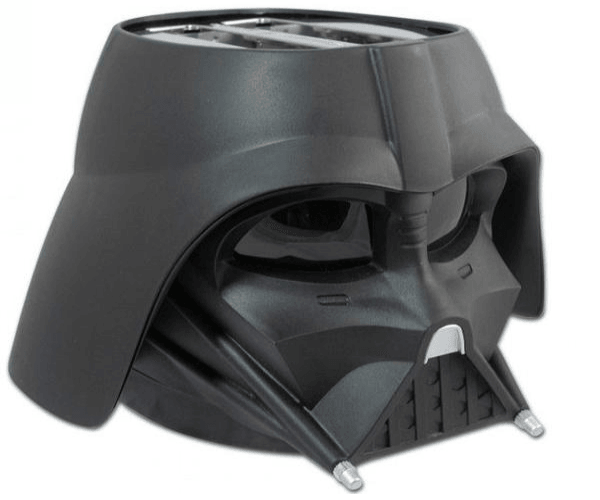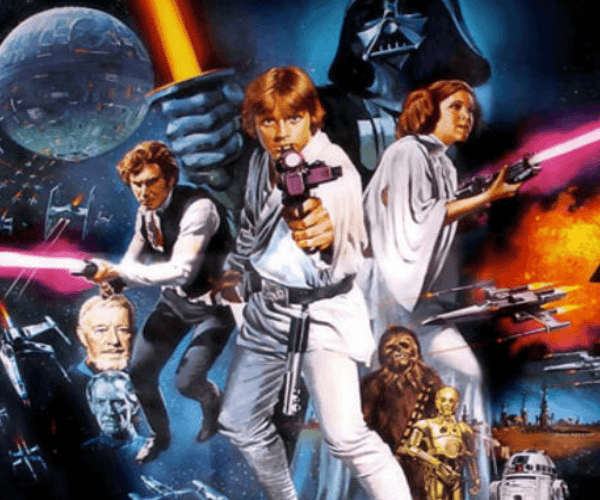As Bonfire Night approaches you’re gonna be hearing a lot about rebels and the nature of defiance. You’re gonna hear a lot about Guy Fawkes and V For Vendetta, so we thought we’d take a look at some other, often overlooked, rebels.
Mal Reynolds
“You think following the rules will buy you a nice life, even if the rules make you a slave.”

Malcolm Reynolds is a broken man. His war is over. He lost. All Mal wants to do is get far away from those who won.
He’s not still trying to fight the war (he named his ship after the site of his complete and utter defeat) but he’s still fighting for independence, fighting to escape authority. That means he can’t live in civilised society. Because civilised society means having the Alliance towering above, controlling everyone’s lives.
And so Mal must push on and push out. He must fly as far as he can into the dirty, broken parts of the universe where there is no civilisation. Because these backwater planets and desolate moons are the only places beyond the stifling control and authority of the Alliance. These are the only places where a man can be free.
Mal represents that there can be justice without law and order, and there can be morality without civilisation. Mal shows that that in itself is a purer morality, a higher justice. It’s doing the right thing even when there’s no threat of the system punishing you. It’s doing the right thing because it’s the right goddamn thing.
Stone Cold Steve Austin

“I ain't gonna do things your way! I will continue to raise as much hell and do things, and create as much chaos and give you more grey hairs every single day of your life!”
Steve Austin was much more than just a wrestler. He was a pop culture phenomenon. To put into perspective how big Stone Cold was in the late 90’s - with him at the helm, Monday Night Raw got the same kind of TV ratings as The Walking Dead and The Big Bang Theory do today.
Stone Cold began as a foul-mouthed, cheating bad guy who would attack the clean-cut good guys from behind. Unlike the cartoonish WWF villains of the past, Austin had a no-nonsense realism to him that audience began to enjoy and cheer.
But on the 22nd of September 1997 in the historic Madison Square Garden, all that would change. After suffering a (legitimate) broken neck at the hands of Owen Hart, Austin came storming back to Monday Night Raw in order to gain some revenge. New York Police Officers entered the ring to stop Austin from assaulting Owen, and clean-cut commentator and WWF President Vince McMahon tried to calm him down.
In one of their earliest interactions, Vince told Stone Cold that everyone in management was just trying to look out for him. Vince emphasised that Austin had a broken neck and wasn’t medically cleared to compete. Vince said that they all cared about him, and that no one wanted to see Stone Cold end up in a wheelchair. For a moment, it looked like cooler heads would prevail. Stone Cold said he appreciated that everyone cared about him … then the Rattlesnake told Vince to kiss his ass, and dropped his boss with a Stone Cold Stunner.
Thus began the hottest and most profitable storyline in the history of wrestling; Stone Cold Vs The Boss. Week in and week out, Austin would flout the rules, defy authority and embarrass and assault Vince McMahon every chance he got. In retaliation, Vince would become an ego-driven maniac hell-bent on destroying Austin, going from commentating at ringside to actively interfering in matches. Vince Recruited monsters like Kane and The Undertaker to his cause, manipulating everyone on Monday Night Raw, putting his own wife and kids in harm’s way, and eventually taking off his suit to fight Austin inside a Steel Cage.
As Stone Cold rebelled against the authority of McMahon and the WWF, his defiance itself twisted that authority into something thoroughly corrupt. Vince went from trying to get Austin to work within the system, to twisting the system into his own personal weapon against Austin. Thus proving Austin’s defiance and rebellion to be just.
Rick Sanchez

“You wanted to be safe from the government so you became a stupid government! That makes every Rick here less Rick than me!”
It takes the best part of two seasons to realise that Rick is a wanted terrorist on the run from a controlling intergalactic government. But Rick Sanchez is a rebel from the very beginning.
Rick has no time for the rules of family, friendship, politeness, civility or sobriety. He staunchly refuses the roles of parent and grandparent that have been thrust upon him. He works hard to not be part of a family unit at all. He believes that school is a waste of time and “isn’t a place for smart people”.
By the end of the second series the curtain is pulled back and we see that Rick and his strange allies are all armed rebels on the run from a government that seems to control the universe. Birdperson talks about the bloody battles he and Rick have fought in and the friends they’ve lost, and suddenly all of Rick’s zany, anti-authority behaviour comes into focus. There is a reason and an ideology behind his actions for the last two seasons.
But Rick isn’t just taking a stand against a particularly unjust establishment, Rick is against all establishment. In an earlier episode, we see a collective of Ricks from parallel dimensions who all band together to help and protect each other, forming the Council Of Ricks. Every single Rick in existence has joined the Council … every Rick except our Rick. Rick is righteously angry that in trying to defy the government, these other Ricks have become the government.
Rick isn’t merely against authority when it suits him. When faced with an authority set up specifically to cater to and protect his needs, Rick defies it and rebels like he would from any other authority. Because any government, any system, any authority is too much for Rick. Because Rick is squanchy.
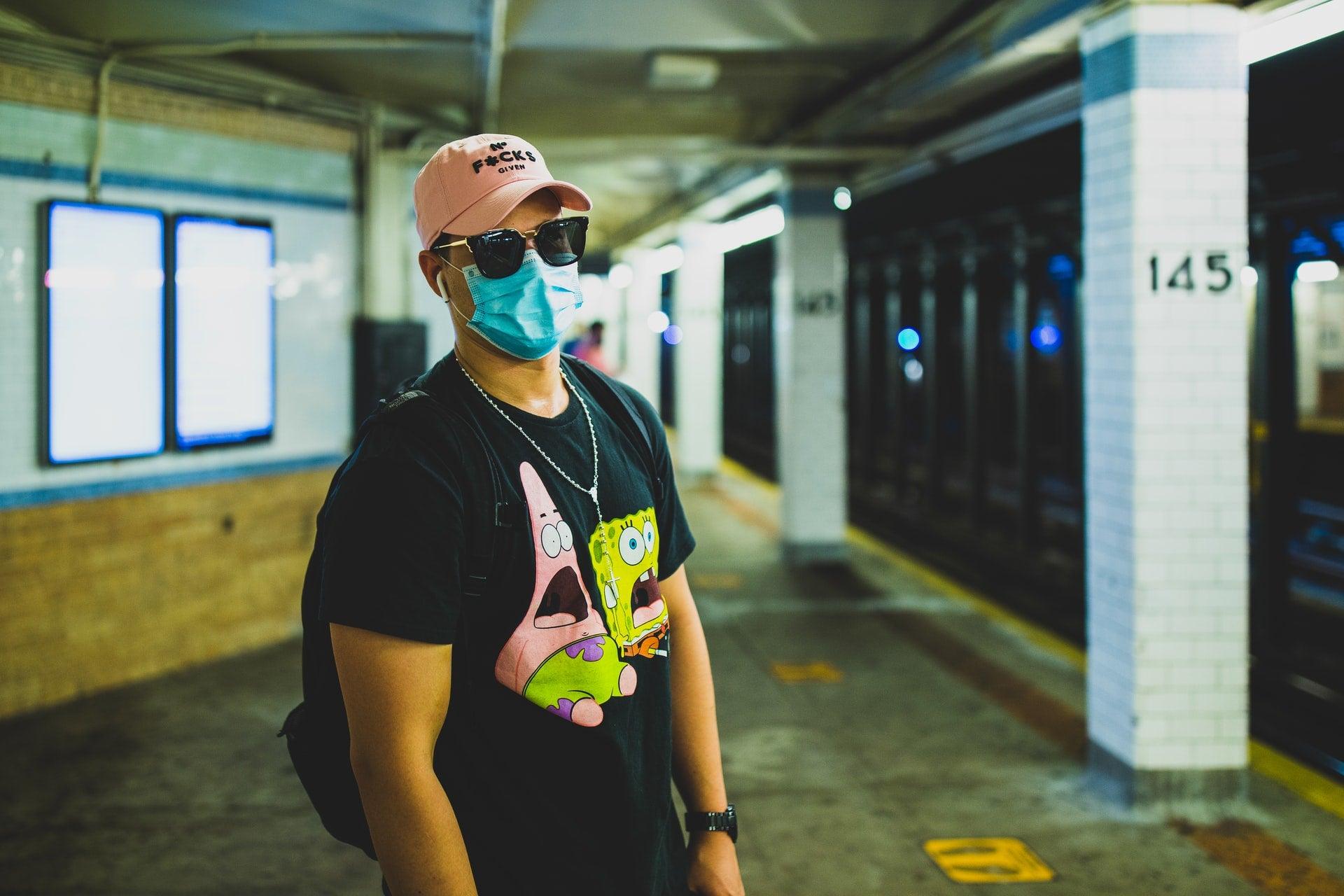
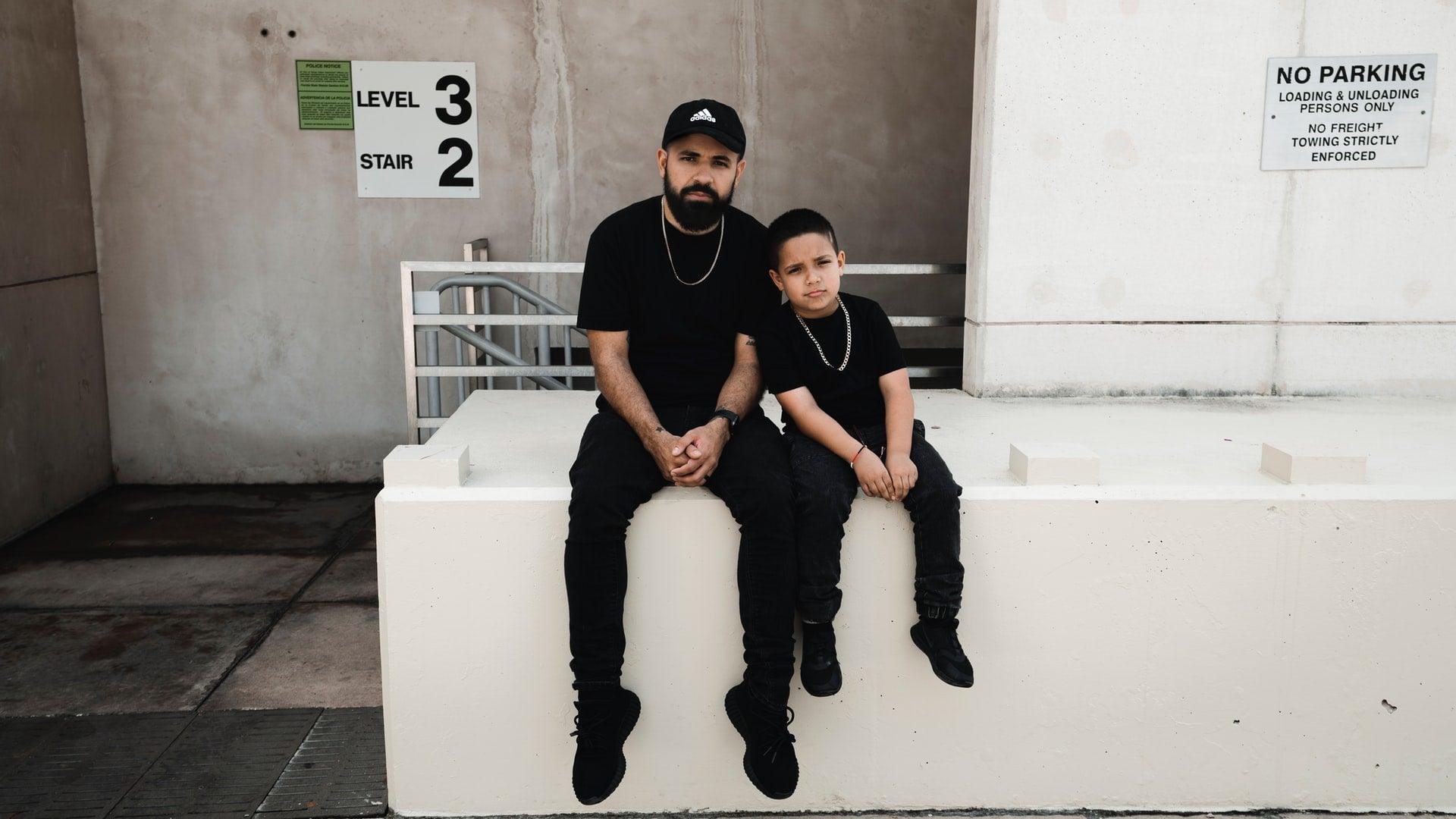
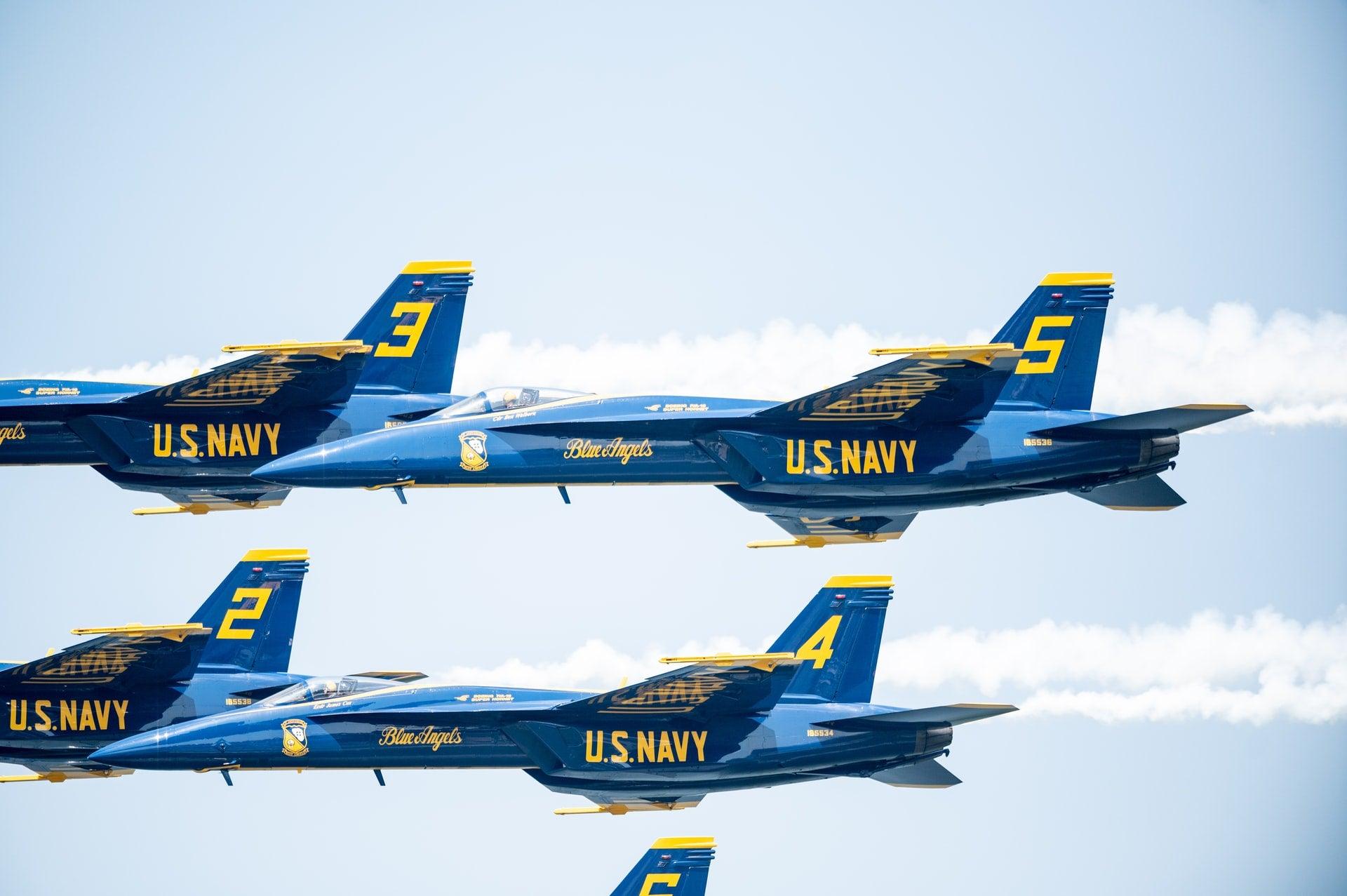
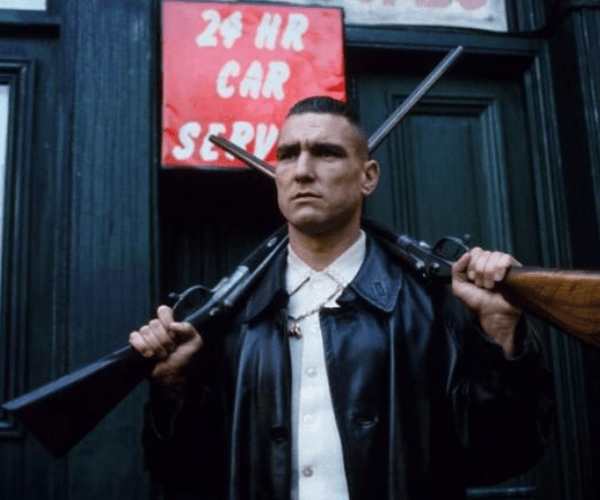
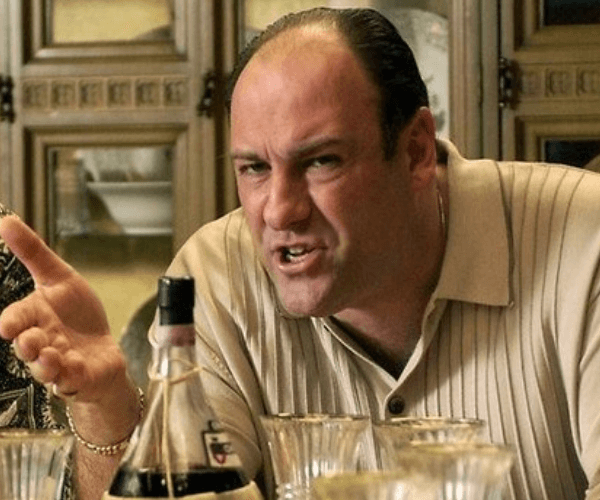
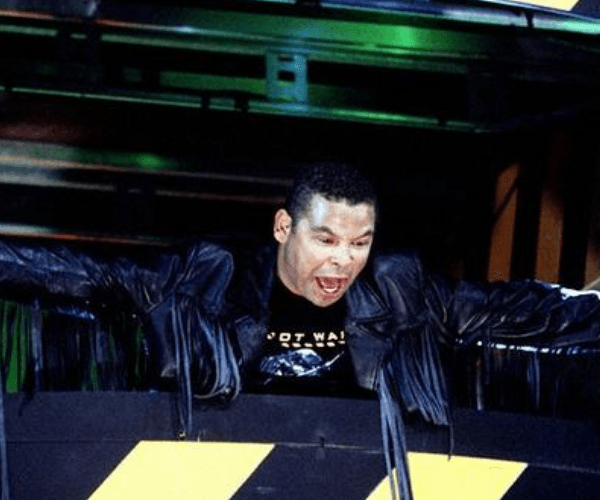
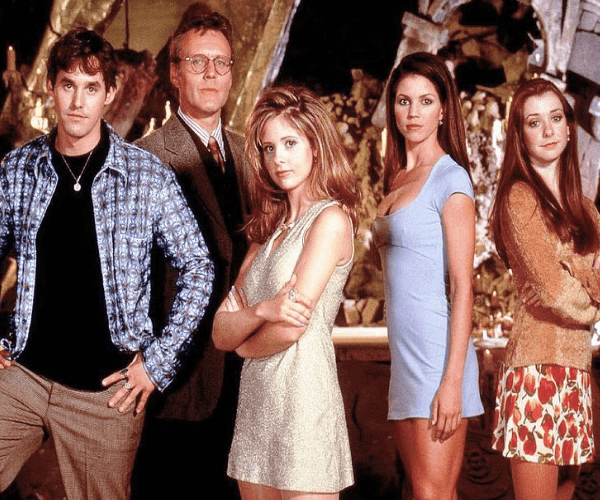
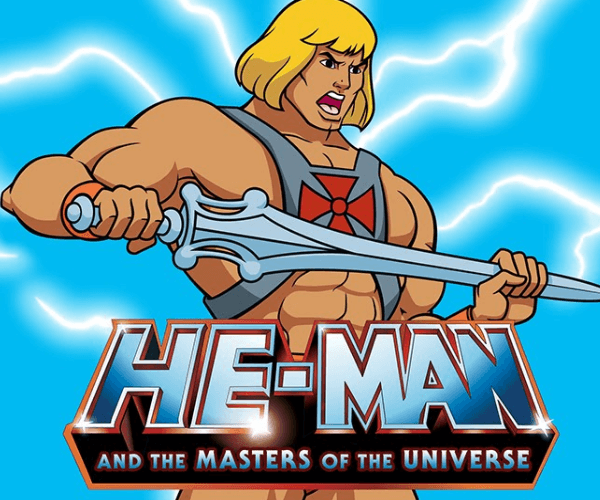
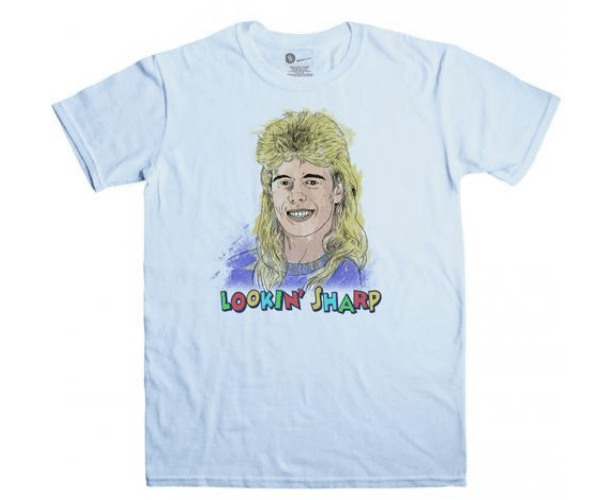
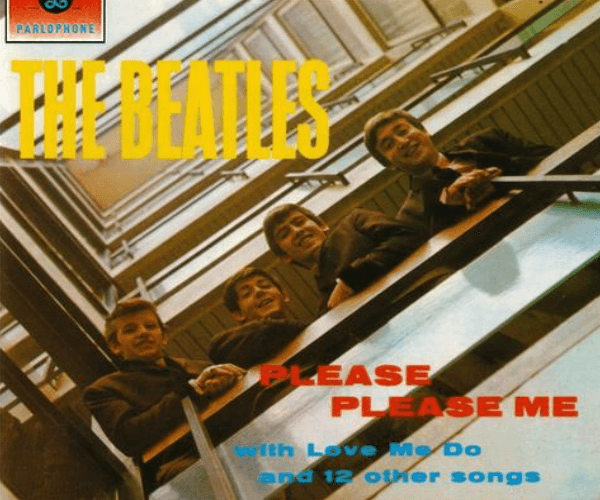
![The Best Star Wars Fan Theories [infographic] 8Ball](http://www.8ball.co.uk/cdn/shop/articles/The-Best-Star-Wars-Fan-Theories-infographic-8Ball-8799.png?v=1707708368)
